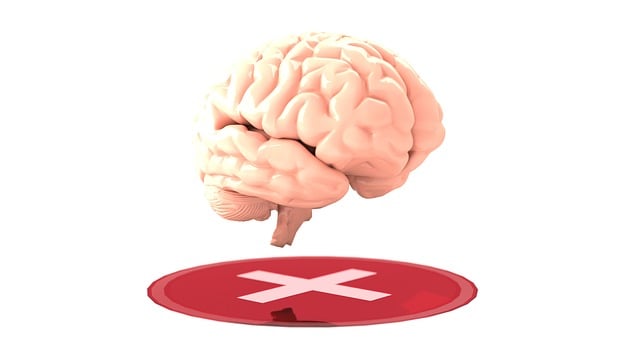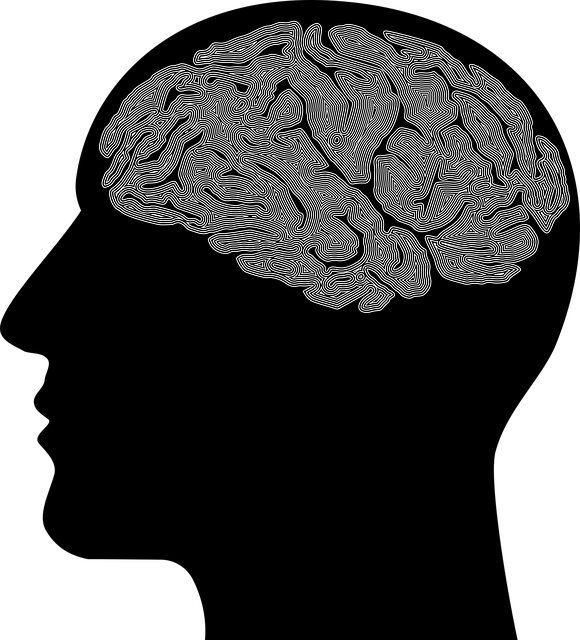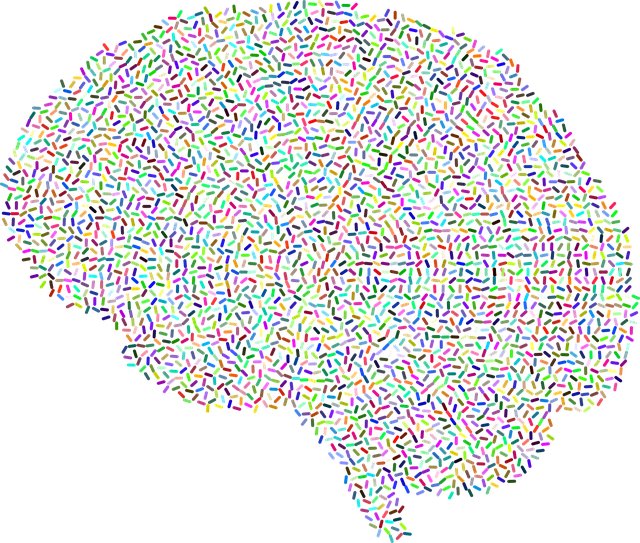Therapy for Young Children: Integrating Cognitive Processing Therapy (CPT) for Comprehensive Risk Management
Risk assessment and harm minimization planning are crucial in therapy for young children, particularly through Cognitive Processing Therapy (CPT). CPT focuses on modifying maladaptive thought patterns, enhancing emotional responses, and building resilience. This child-centric approach involves comprehensive evaluations of thinking patterns, behaviors, and settings to tailor interventions aimed at depression prevention and long-term mental health. By collaborating with parents, caregivers, educators, and healthcare providers, a supportive system is created that includes cultural competency training and age-appropriate mental health education, collectively fostering resilience in young clients.
Risk assessment and harm minimization planning are vital components of comprehensive therapy, especially when focusing on young children’s safety. This article delves into these critical aspects, starting with understanding risk assessment in therapeutic contexts. We explore Cognitive Processing Therapy (CPT), a child-centric approach proven effective in managing risks. Subsequently, we discuss strategies for implementing harm minimization plans tailored for young children. By following practical steps outlined here, therapists can ensure comprehensive risk management.
- Understanding Risk Assessment and Its Significance in Therapy
- Cognitive Processing Therapy: A Child-Centric Approach
- Harm Minimization Planning: Strategies for Young Children's Safety
- Practical Steps to Implement Comprehensive Risk Management
Understanding Risk Assessment and Its Significance in Therapy

Risk assessment is a critical component of therapy for young children, as it helps identify potential hazards and challenges that may impact their well-being and development. In cognitive processing therapy (CPT), therapists meticulously evaluate various aspects of a child’s life to anticipate and mitigate risks. This process involves exploring the child’s thinking patterns, emotional responses, and behaviors within different contexts, such as home, school, and social settings. By understanding these factors, therapists can tailor interventions aimed at depression prevention and resilience building.
Through risk assessment, CPT facilitates self-awareness exercises that empower children to recognize and manage their emotions more effectively. By fostering a deeper understanding of their cognitive processes, young clients gain valuable tools to navigate stress, anxiety, and potential trauma. This proactive approach not only minimizes the likelihood of adverse outcomes but also promotes overall mental health and well-being in the long term.
Cognitive Processing Therapy: A Child-Centric Approach

Cognitive Processing Therapy (CPT) is a child-centric approach designed to help young individuals process and overcome traumatic experiences. This therapy recognizes that children’s cognitive development influences their emotional responses, making it crucial for mental health professionals to tailor interventions accordingly. CPT focuses on modifying maladaptive thought patterns and beliefs formed as a result of trauma, thereby reducing the risk of long-term mental health issues.
By employing techniques such as conflict resolution and trauma support services, CPT empowers children to reframe their understanding of traumatic events. This process enhances their ability to cope with stressors and promotes resilience. The therapy is integrated into a comprehensive risk assessment for mental health professionals, ensuring that interventions are not only effective but also age-appropriate.
Harm Minimization Planning: Strategies for Young Children's Safety

Harm Minimization Planning plays a pivotal role in safeguarding young children’s well-being, especially when addressing potential risks and traumatic experiences. This approach involves strategic interventions designed to mitigate harm and promote resilience among children. One effective therapy for Young Children is Cognitive Processing Therapy (CPT), which aids them in making sense of distressing events and managing their emotional responses. CPT empowers children to process trauma cognitively, thereby reducing the likelihood of long-term psychological scars.
Implementing harm minimization strategies requires collaboration between parents, caregivers, educators, and healthcare providers. Beyond therapy sessions, burnout prevention strategies for healthcare providers are essential to ensure they remain equipped to offer compassionate care. Healthcare Provider Cultural Competency Training and Compassion Cultivation Practices contribute significantly to this effort by fostering empathy, understanding, and effective communication across diverse cultural backgrounds. These initiatives collectively create a supportive environment where young children can thrive and build resilience in the face of adversity.
Practical Steps to Implement Comprehensive Risk Management

Implementing comprehensive risk management for young children’s therapy involves practical steps that cater to both the child’s immediate needs and their long-term mental health development. The first step is to conduct a thorough assessment of potential risks, encompassing environmental hazards, social stressors, and emotional challenges unique to each child. This process should be collaborative, involving not only healthcare providers but also parents or guardians, educators, and other caregivers who interact with the child daily.
Once identified, these risks can be effectively managed through tailored interventions. For instance, Cognitive Processing Therapy (CPT) has proven successful in enhancing children’s emotional intelligence and coping mechanisms. Moreover, integrating cultural competency training for healthcare providers ensures sensitive and effective therapy delivery, addressing potential cultural barriers to treatment. Mental health education programs designed with an age-appropriate curriculum can also empower young clients to recognize and manage their emotions, fostering resilience from an early age.
Risk assessment and harm minimization planning are essential components of comprehensive risk management in therapy, especially when focusing on the well-being of young children. By understanding potential risks and implementing strategies like Cognitive Processing Therapy, professionals can create safe environments and foster positive outcomes for vulnerable clients. This approach ensures that therapy remains effective while prioritizing the safety and security of young individuals, making it a vital game-changer in pediatric mental health care.













